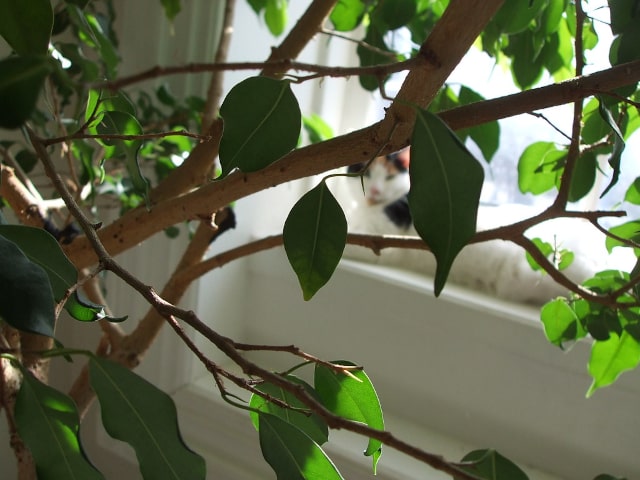
Ficus trees (Weeping fig) are beautiful and interesting household plants. One common problem with them, especially Ficus benjamina, are dropping leaves. These plants tent to drop leaves a lot when kept indoors.
There are several common reasons for your Ficus tree to drop leaves:
- Change in the environment. The most common causes are sudden changes in water, lighting and fertilizing.
- Overwatering or underwatering. If the plant receives too much or too little water it can be harmful to the plant and cause leaves to drop.
- Insects and other pests.
These are quick answers to why a Ficus tree may drop its leaves. The more detailed answer concerns acclimatization. Acclimatization is usually understood as a plant being moved to a different light level (high to lower or vice versa). However, Ficus trees are specific. In order to understand their needs it's important to understand where they originated from and what kind of environment they need.
The Ficus Dry Season
Ficus trees come from areas with very distinct seasons: wet and dry. To survive the dry season, Ficus trees shed their leaves to reduce the amount of leaves. This is needed because the plant won't have enough water during the dry season to support the full canopy. When the rains return with the wet season, the Ficus grows new leaves and a full canopy. In short, dropping the leaves is a survival mechanism for Ficus trees.
For growing Ficus trees, it's important to provide adequate lighting. Every winter the lighting is reduced, especially indoors, which affects your plant. This is the time when your Ficus will most likely lose some leaves. They will simply turn yellow and drop. Like noted above, losing leaves is a part of a normal process. It's not uncommon for a tree to lose 20% of its leaves during this time. It is the time of acclimation transition for your plant.
In other words, dropping leaves during acclimatization is normal, especially if your plant has summered outdoors. It's simply a way for it to get used to a new environment. Even if you keep your Ficus tree indoors during the whole year reduced light during winter and drier conditions from heat sources can trigger leaf drop.
The Best Environment
Ficus trees require specific conditions, especially in winter. It's best for your Ficus to be placed near the brightest window. These plants love light and placing them near a window will help minimize the dropping of the leaves.
When it comes to watering, it's important to adjust the amount of water based on the lighting conditions. If the plant gets a lot of light, water more. Provide less water if the plant receives less light. Less light means less growth for the plant, which translates to reduced water requirements. Ficus plants have aggressive root systems and they can quickly fill a pot with roots, which makes watering difficult. Generally speaking, it's important to keep the soil moist but not soggy wet.
In case your Ficus is dropping lots of leaves, it's important to check it's not rootbound. In case it happens, you should consider repotting your plant into a bigger pot. Another thing you can do is trimming the canopy to reduce the amount of leaves.
Another problem that may occur are pests. A healthy Ficus usually has few pest problems. However, yellowing leaves can be caused by common pests such as insects of scale, mealybug and spired mites.
General Care
The good news is that once your Ficus tree is stable and actively growing the care you need to provide is minimal. Usually, all you need to do is to perform weekly checks of the soil moisture and watering when needed.
As the Ficus tree grows, you may need to prune it or shape it. It is usually done every spring, depending on the speed of growth.
Once you decide where to place your Ficus tree (make sure it receives plenty of light), all you need to provide is the same amount of light and water. Ficus is a plant that doesn't like much change - for example, even adding fertilizer can make it drop some leaves. (The best Ficus fertilizer is a liquid one at 1/2 strength). In any case, you need to understand that Ficus is a plant that likes habit and can easily get stressed when conditions change. This can result in the tree dropping leaves. However, as explained above, it is a natural protective mechanism and usually is not alarming.
Photo credit: Sonja Alves
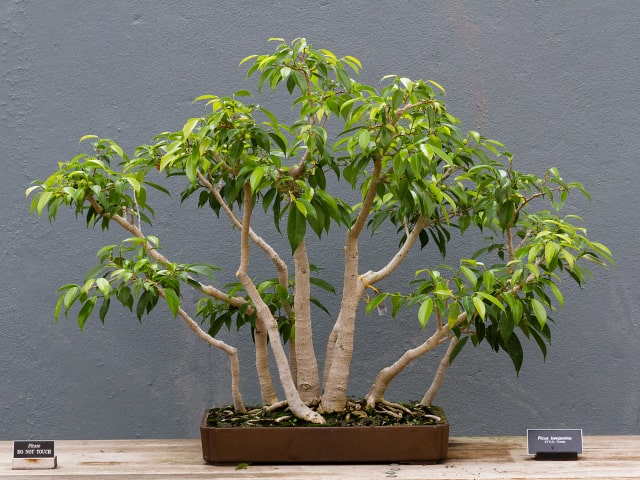
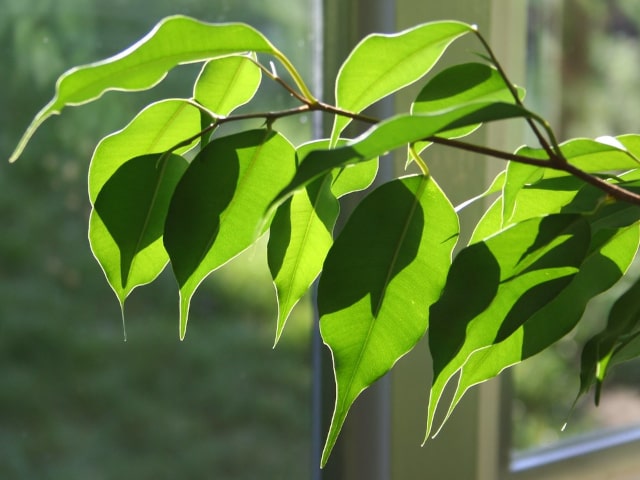
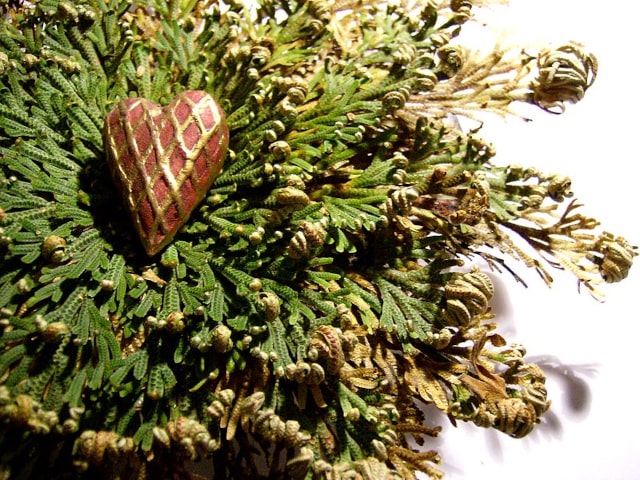
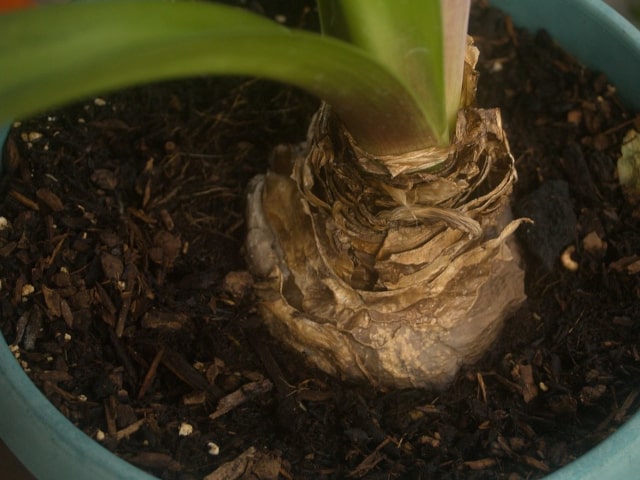
8 Comments
Is next to a big window enough or does it have to be in direct sunlight? Thanks
My outdoor ficus hedge is dropping massive amounts of green leaves. Am in Florida at a park that has hedges in other areas that are doing great! We were gone for a few months, so don't know watering, but it's the rainy season, so has plenty. Help
My ficus tree has been dropping leaves. They've been turning yellow. It has tons of healthy leaves but they seem to be falling off at a faster rate. This morning I woke up and there were about twenty tiny baby leaves all over the floor. What is going on? The only thing I can think of is I have watered it a little extra over the last few weeks because it felt really dry. The tree is about eight feet tall and still looks healthy overall. The soil right now only feels slightly moist.
My ten foot Ficus Tree is dropping leaves. I did just move it in doors, but have done that before, did not act like this. There are tiny watery liquid droplets on some of the leaves, not sticky. What could that be? A pest?
My ficus tree is loosing the leaves. I had it for over 10 years. I was checking for pests and I noticed some white little matter on the bottom of each leaf. I have been removing them and I would like to know what can I spray it with?
Thanks.
My Ficus plant is inside but keeps losing its leaves. I now realize it needs more light but my question is, will it be able to come back and grow more leaves and become full again once all the leaves have dropped or is it dead?
I have a row of Ficus that have been pruned to form a standard shape. Three of these continue to drop leaves. I have changed the watering supply but it has no affect. Plants are approximately 5yrs old.